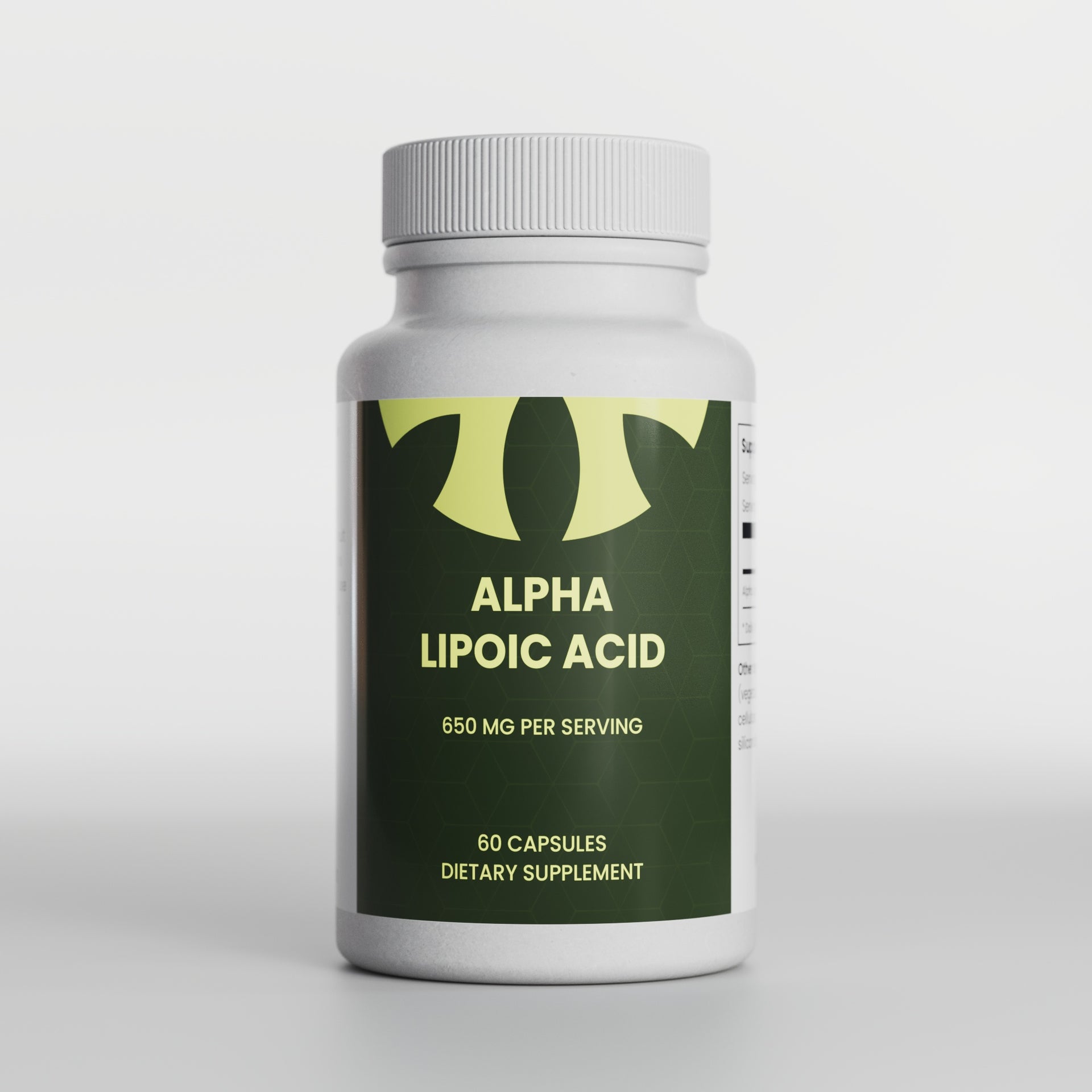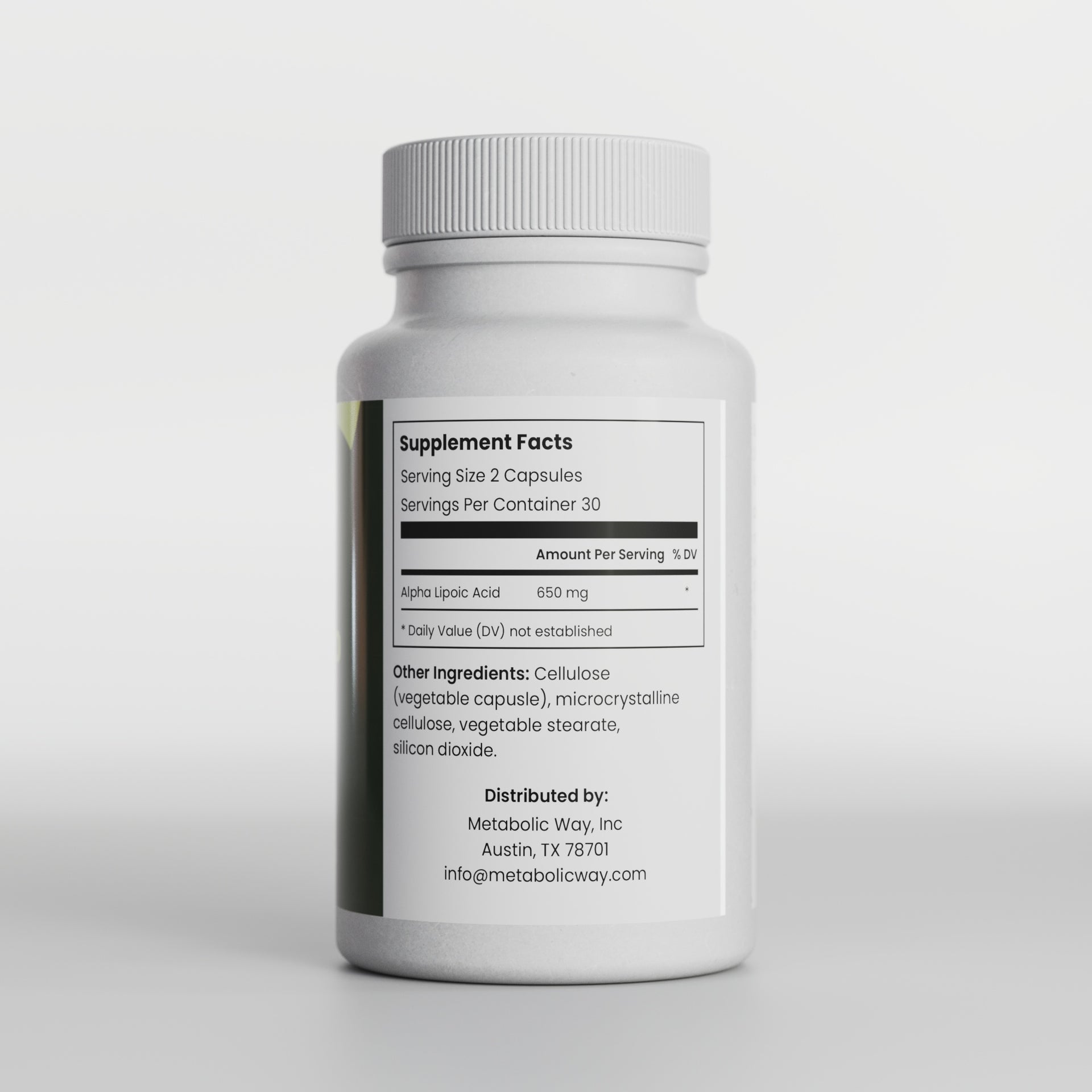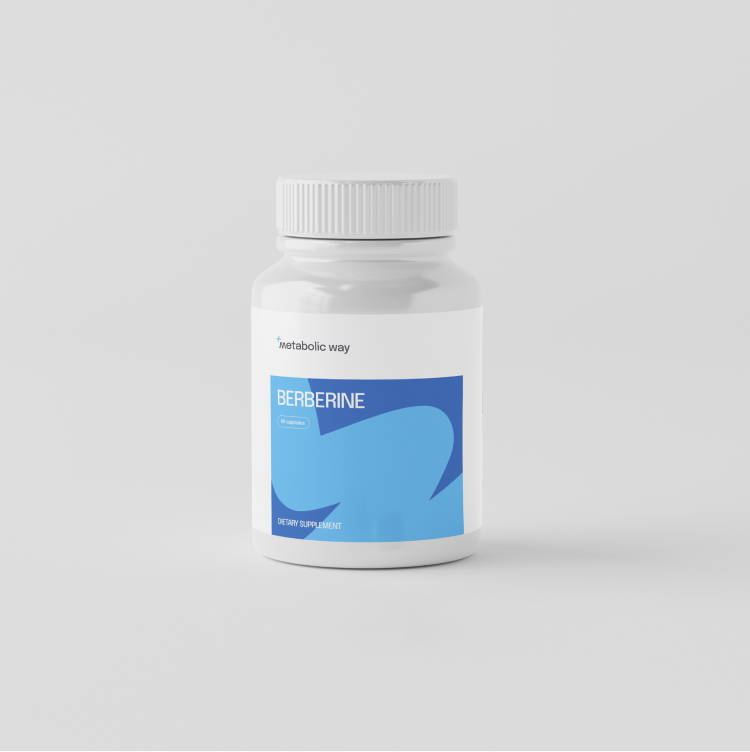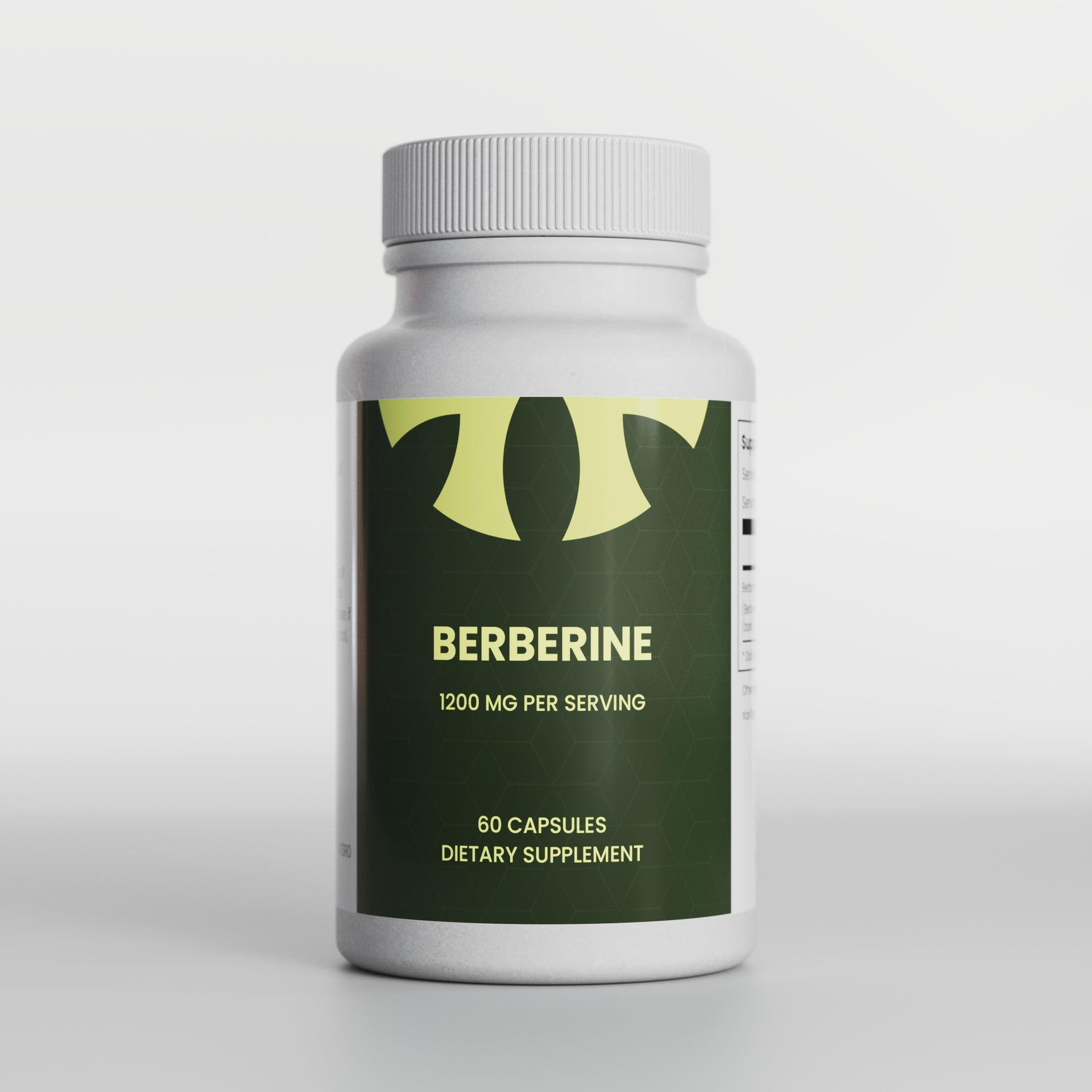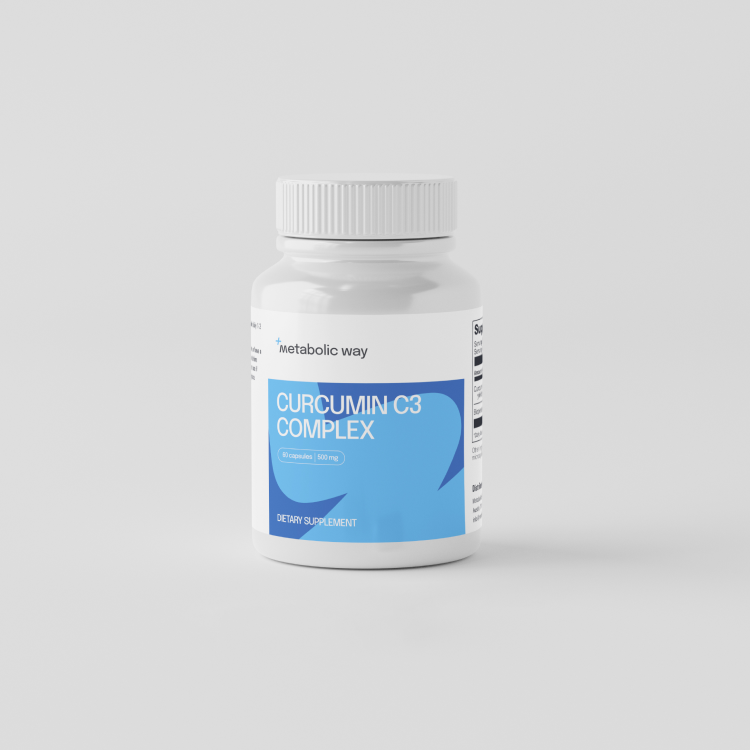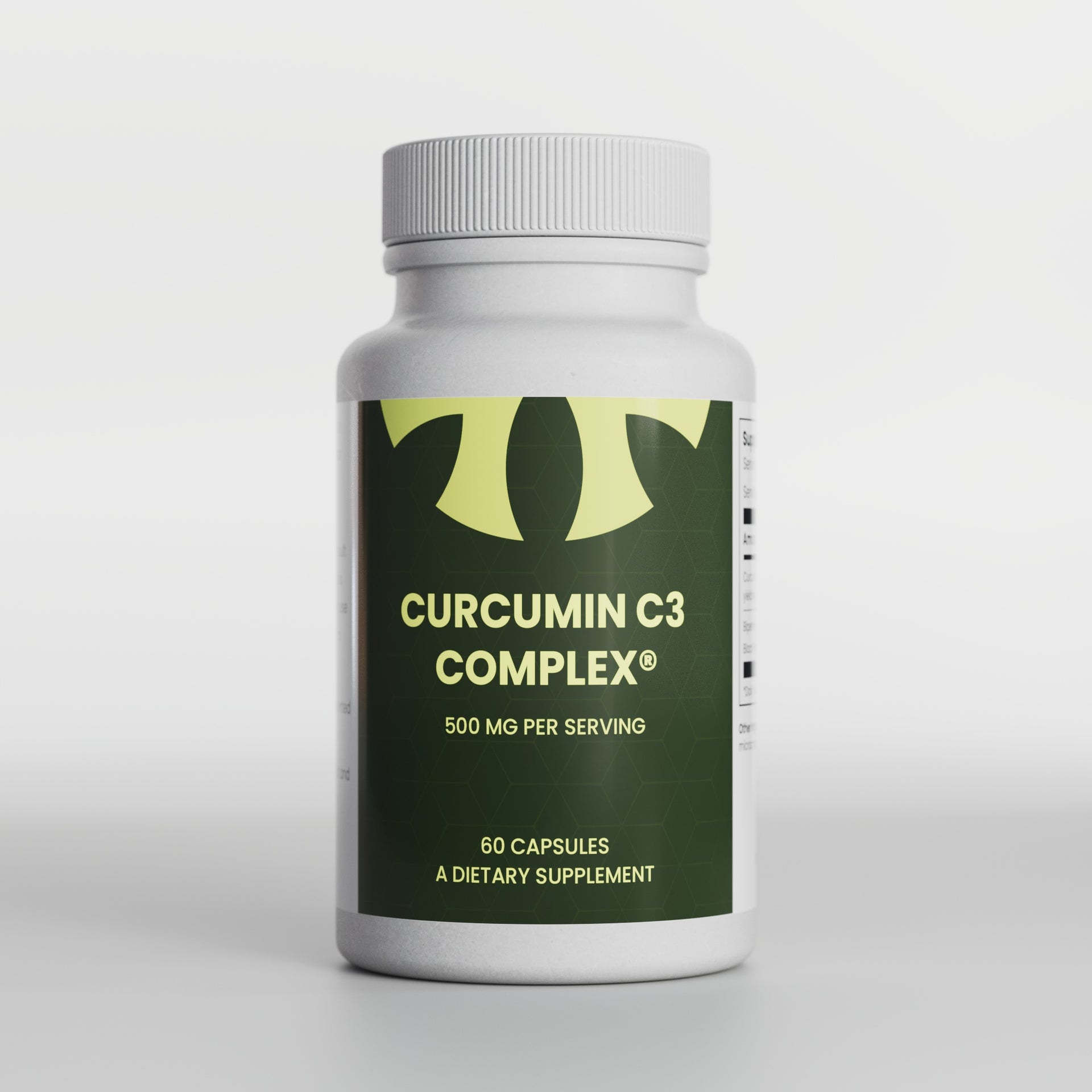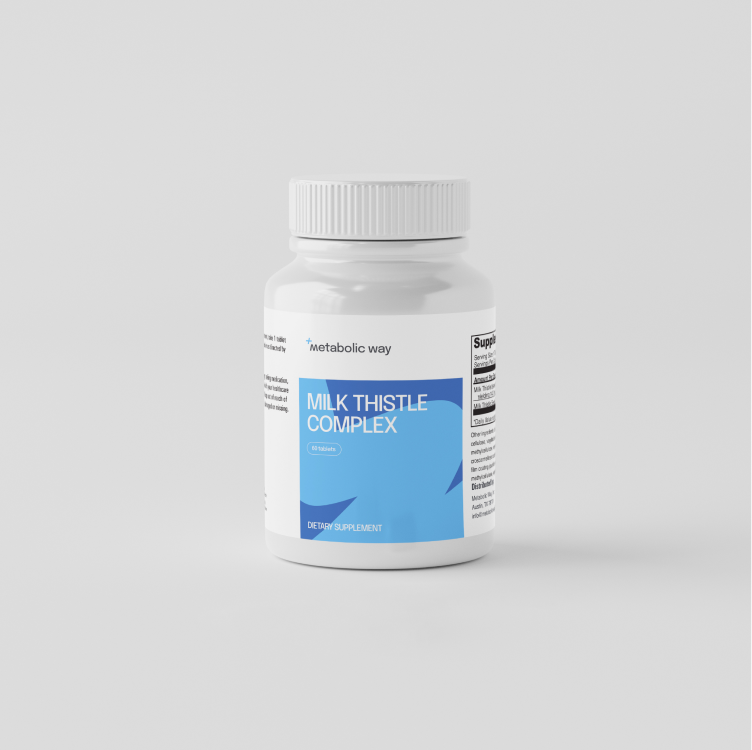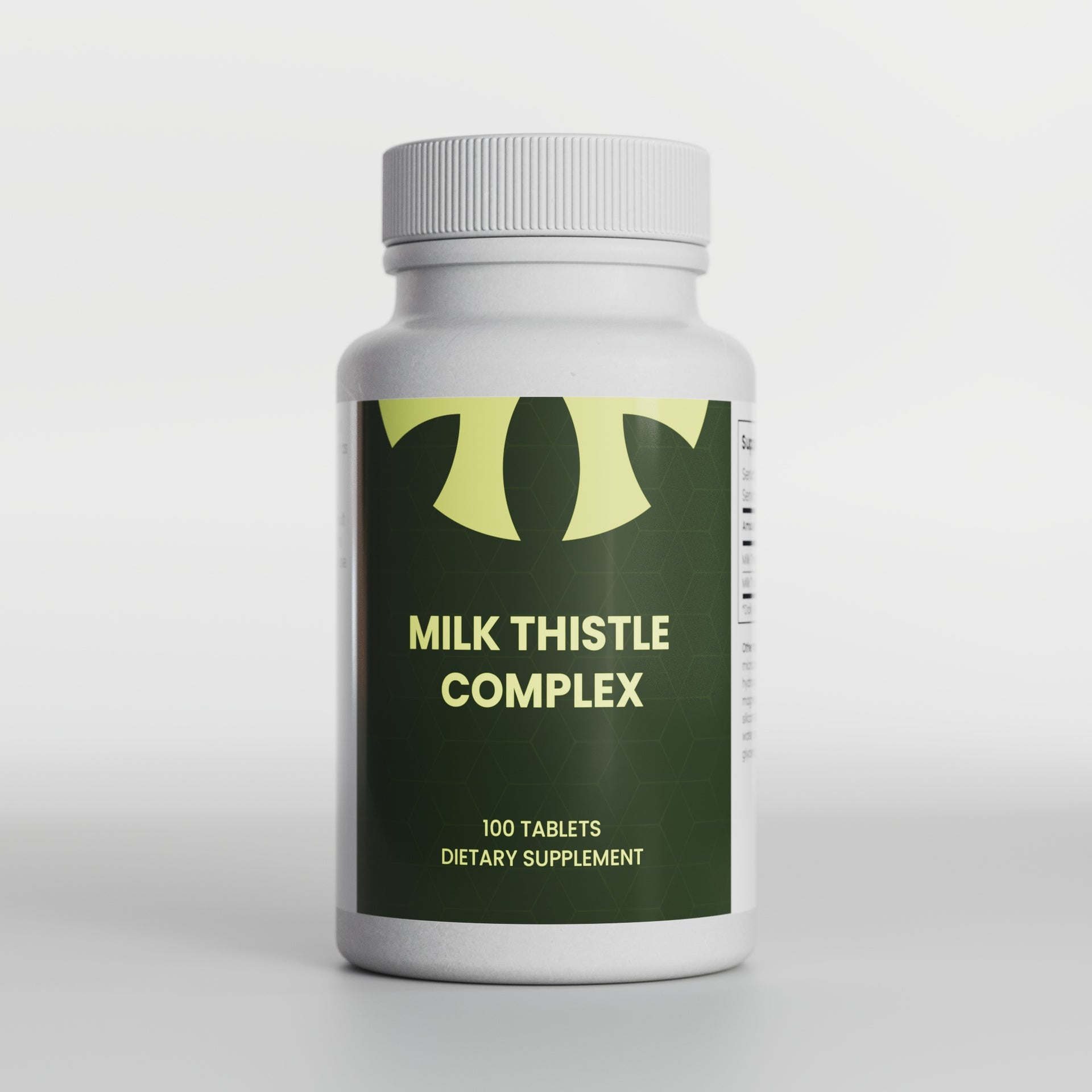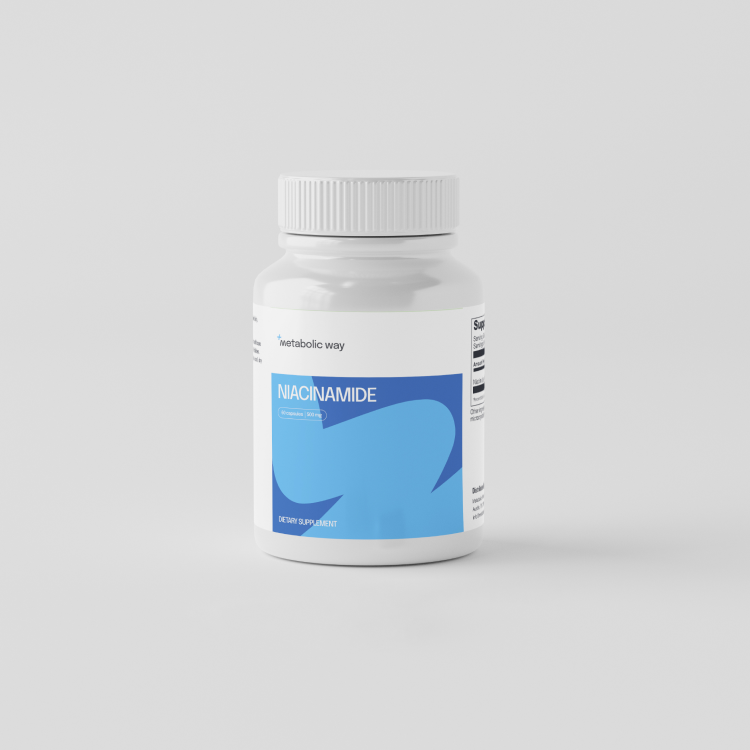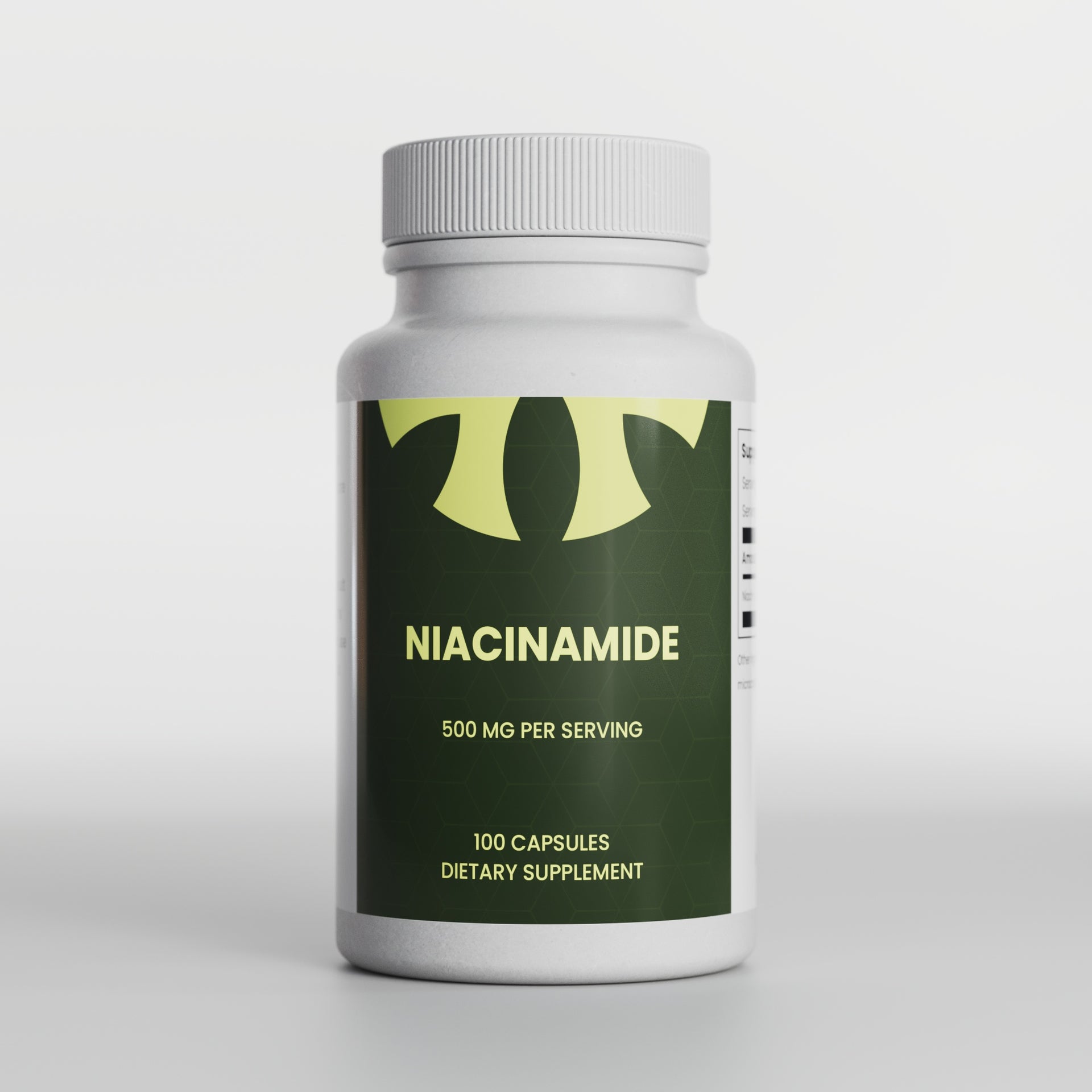Research Highlights:
Main Point 1: Lycopene's role in lowering PSA levels in prostate cancer patients.
Main Point 2: Synergistic benefits of combining vitamin E and aspirin in preventing heart disease.
Main Point 3: Immune-boosting supplements aid post-surgery recovery and reduce infection risk.
Scientifically Reviewed by: Dr. Gary Gonzalez, MD, in August 2023.
Introduction
Welcome to a journey into the world of cutting-edge health research, where we delve into remarkable findings that hold significant promise for improving human health. In this article, we explore the fascinating realms of prostate health, heart disease prevention, and post-surgery recovery, all with a focus on how these discoveries can impact the field of cancer research, cardiac care, and patient well-being.
What You Need to Know
Point 1: Lycopene, found in tomato sauce, demonstrates the potential to reduce PSA levels in prostate cancer patients.
Point 2: Combining high-dose vitamin E with low-dose aspirin yields substantial reductions in atherosclerosis.
Point 3: Immune-boosting nutritional supplements prove effective in enhancing post-surgery recovery and minimizing infection risk.
Section 1: Lycopene's Impact on Prostate Health Lycopene, a potent component of tomato sauce, has emerged as a formidable ally in the battle against prostate cancer. This section uncovers how lycopene influences prostate-specific antigen (PSA) levels and preserves cell integrity (American Chemical Society, August 2001).
Subsection 1.1: PSA Reduction and Oxidative Status In a groundbreaking study, patients awaiting prostatectomy incorporated tomato sauce into their diets, providing 30 mg/day of lycopene. The results were remarkable, with mean serum PSA concentrations dropping by 17.5%. This dietary intervention also reduced oxidative stress by 21.3% and DNA damage by 40%, potentially holding the key to prostate cancer management (American Chemical Society, August 2001).
Section 2: Heart Disease Prevention with Vitamin E-Aspirin Combo Discover the synergy between vitamin E and aspirin in the context of heart disease prevention (University of Pennsylvania Department of Pharmacology, Circulation Journal).
Subsection 2.1: Atherosclerosis Reduction A study conducted on mice genetically predisposed to atherosclerosis revealed an astonishing 80% reduction in atherosclerotic plaque when vitamin E was combined with a platelet-inhibiting drug. Even vitamin E alone, equivalent to 800 mg/day for humans, resulted in a substantial 65% reduction. Explore the potential implications of this combination for humans in the fight against heart disease (University of Pennsylvania Department of Pharmacology, Circulation Journal).
Section 3: Immune-Boosting Recovery Witness the power of immune-boosting nutritional supplements in expediting post-surgery recovery (Lancet, September 2001).
Subsection 3.1: Reduced Infection Risk Patients receiving these supplements experienced fewer life-threatening infections following cardiac surgery. This intervention improved preoperative host defense, minimized postoperative infections, and better preserved renal function. Dive into the transformative effects of these supplements on immune response and patient outcomes (Lancet, September 2001).
Summary
As we navigate the ever-evolving landscape of health research, these discoveries open new doors to enhancing prostate health, preventing heart disease, and improving post-surgery recovery. Lycopene emerges as a promising prostate cancer fighter, while the combination of vitamin E and aspirin offers hope in the fight against atherosclerosis. Immune-boosting supplements prove their worth in safeguarding patients during the critical post-surgery period. Stay tuned as science continues to unveil exciting avenues for a healthier future.
References:
- American Chemical Society. (August 2001). Lycopene lowers PSA in prostate cancer patients.
- University of Pennsylvania Department of Pharmacology. Circulation Journal. 3. Lancet. (September 2001). Speed up post-surgery recovery.

